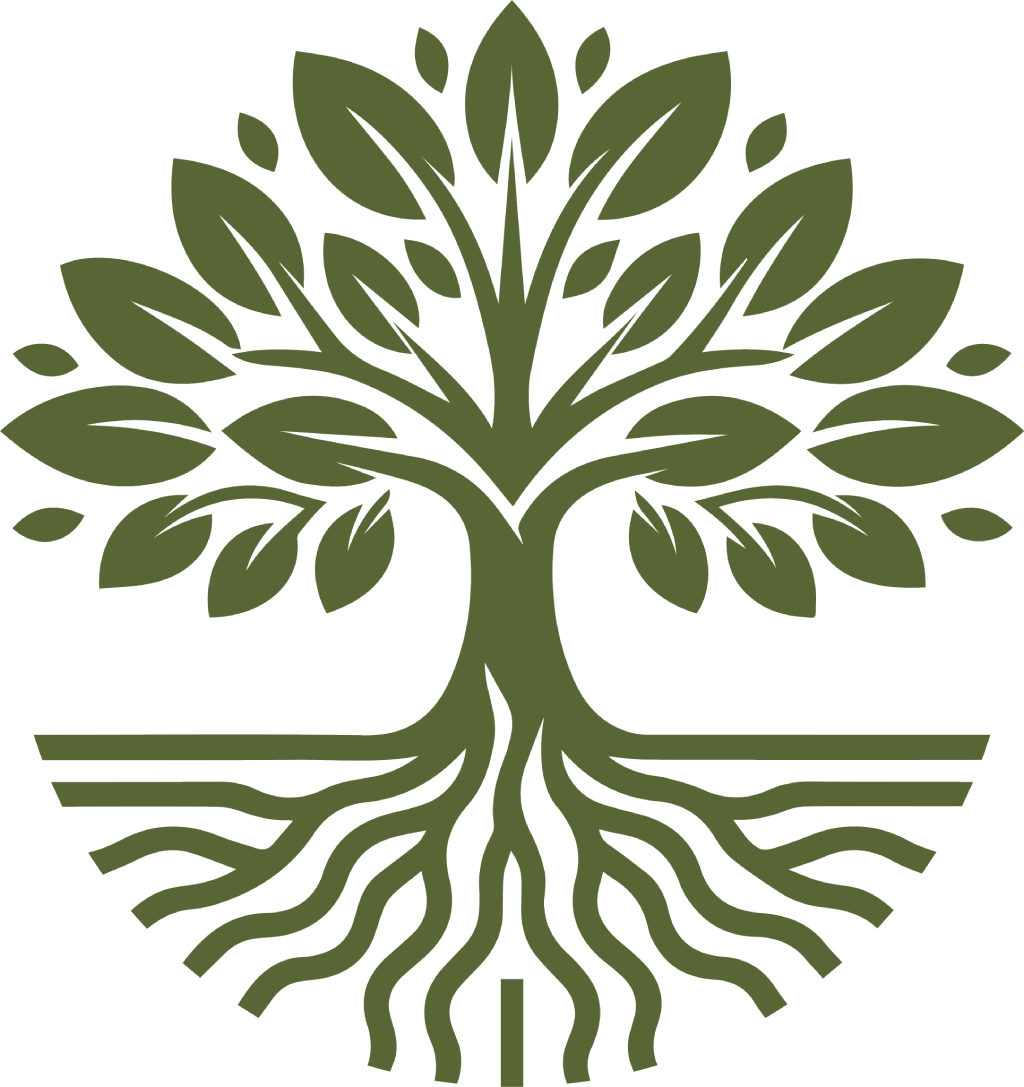Indigenous Dementia Research Guidance
The following suggestions are a general guide and do not include locally-relevant resources that are critical to partnering with communities in meaningful and respectful ways. We encourage you to seek out and use local resources as much as possible. To build your team’s capacity to conduct culturally safe Indigenous health research, it is recommended that you:



